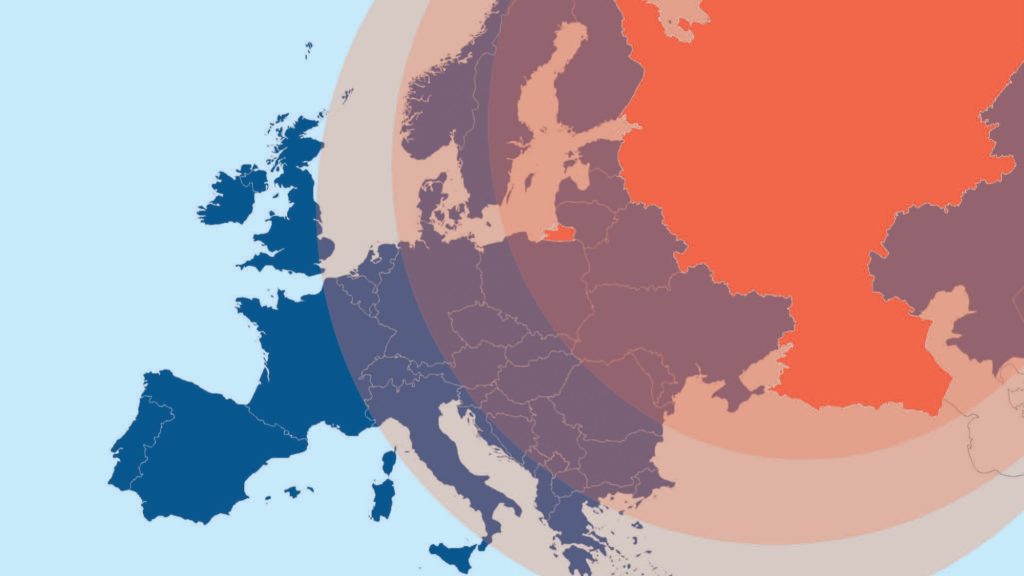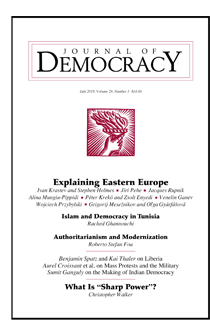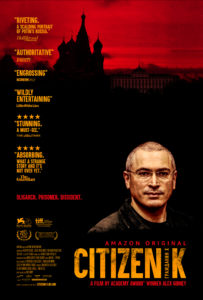
RAND
The current consensus on the complex Russian threat is simultaneously understated and overblown. Russia is dangerous. It sows disorder, weakens democratic institutions, and undermines NATO cohesion. In some ways, its full conventional threat is perhaps even more dangerous than currently portrayed, a new RAND analysis contends.
However, Russia has a long track record of strategic shortfalls and even some ineptitude in its long game; it is neither infallible nor omnipotent, according to Russia’s Hostile Measures: Combating Russian Gray Zone Aggression Against NATO in the Contact, Blunt, and Surge Layers of Competition by Ben Connable, Stephanie Young, Stephanie Pezard, Andrew Radin, Raphael S. Cohen, Katya Migacheva, James Sladden.
Russia has had partial success in achieving one part of its grand strategy: It has made
some progress toward destabilizing potential adversaries, such as the United States, Estonia,
Georgia, and Ukraine. For the time being, Russia is internally stable, although it is unclear
how its internal stability relates to its international hostile-measures activities.* Russia has generally failed to preserve a pro-Russia status quo in Eastern Europe. In the long run, its limited success at destabilization may be far less important to Russia than its more compelling strategic failures in places like Estonia and Ukraine.
 (*Shevstova, Lilia, “Forward to the Past in Russia,” Journal of Democracy, Vol. 26, No. 2, April 15, 2015, pp. 22–36.)
(*Shevstova, Lilia, “Forward to the Past in Russia,” Journal of Democracy, Vol. 26, No. 2, April 15, 2015, pp. 22–36.)
Stanford University’s Michael McFaul broke down the top three disinformation techniques employed by Russian President Vladimir Putin and proxies, RawStory adds:
- “The first is to deny facts. For instance, Putin initially denied that Russian soldiers had seized control of Crimea in February 2014, denies Russian involvement in the shoot-down of Malaysia Airlines Flight 17 in July 2014, and denies any Russian interference in the 2016 U.S. presidential election,” McFaul warned.
-
“A second tactic is to deflect attention from the facts, also known as ‘whataboutism.’ When criticized about Crimean annexing Crimea, Putin’s media shoot back, what about Kosovo? Or New Mexico? When criticized about civilian casualties from Russian military intervention in Syria, Kremlin defenders retort, what about Iraq, Vietnam or Hiroshima? When confronted with evidence of Russian meddling in U.S. elections, the Russian standard refrain is, you do it all the time,” he explained.
-
“A third practice is the dissemination of lies. …I may be more sensitive than most about this tactic, because when I was serving as U.S. ambassador to Russia, Kremlin media outlets accused me of fomenting revolution against Putin’s regime….
Every transaction has a buyer and a seller. So where’s the “demand” for disinformation coming from? @ShanthiKalathil asks. @DWJ88 draws upon new research by @samuelwoolley & @katie_joseff in this new piece for Power 3.0 @ThinkDemocracy.
 Alex Gibney’s new documentary film CITIZEN K opens in DC at Landmark’s West End Cinema in Washington, DC, on Friday, 1/24. The film is an intimate yet sweeping look at post-Soviet Russia from the perspective of the enigmatic Mikhail Khodorkovsky, a former oligarch turned political dissident. Benefitting from the chaos that ensued after the dissolution of the U.S.S.R., Khodorkovsky was able to amass a fortune in financing and oil production and became the richest man in Russia. But when he accused the new Putin regime of corruption, Khodorkovsky was arrested, his assets were seized and following a series of show trials, he was sentenced to more than ten-years in prison. Today, as an exile living in London, he continues to speak out against Putin’s two-decade stranglehold on power. The film addresses contemporary issues such as resurgence of totalitarianism, human rights, justice, politics and wealth inequality.
Alex Gibney’s new documentary film CITIZEN K opens in DC at Landmark’s West End Cinema in Washington, DC, on Friday, 1/24. The film is an intimate yet sweeping look at post-Soviet Russia from the perspective of the enigmatic Mikhail Khodorkovsky, a former oligarch turned political dissident. Benefitting from the chaos that ensued after the dissolution of the U.S.S.R., Khodorkovsky was able to amass a fortune in financing and oil production and became the richest man in Russia. But when he accused the new Putin regime of corruption, Khodorkovsky was arrested, his assets were seized and following a series of show trials, he was sentenced to more than ten-years in prison. Today, as an exile living in London, he continues to speak out against Putin’s two-decade stranglehold on power. The film addresses contemporary issues such as resurgence of totalitarianism, human rights, justice, politics and wealth inequality.
Watch the Trailer Here. Download the Trailer Here







